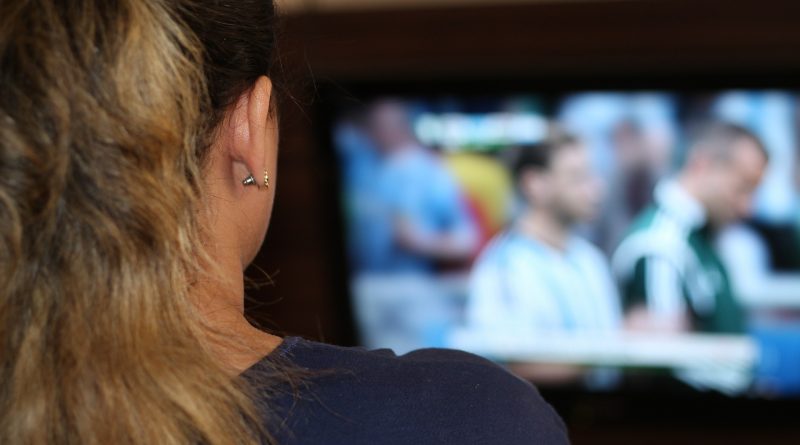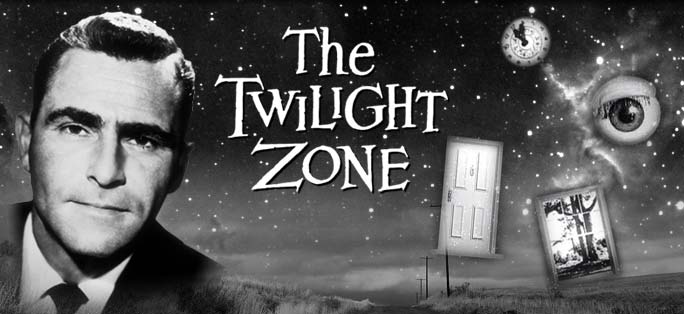6 Tips for Protecting Your Mental Health When Bad News is Everywhere

Last week, bad news was everywhere. And in your face. There were the deaths of Alton Sterling in Louisiana and Philando Castile in Minnesota; the latter was live streamed on Facebook. And then there was the shooting of five Dallas police officers. Today, we are not only confronted with heartbreaking news on television but on almost every online social media platform. Being connected is not always a bad thing. (Last year, after the shootings at Mother Emmanuel AME Church, I organized a card drive on Facebook to send condolence cards to the families of the victims. People from around the internet got together to show love to the survivors and families of the deceased.) Being inundated with tragic news, however, can also negatively impact our mental health. We must be vigilant in protecting our minds.
How News Affects Us
British psychologist Dr. Graham Davey, who specializes in the psychological effects of media violence, states in The Huffington Post that “violent media exposure can exacerbate or contribute to the development of stress, anxiety, depression and even post-traumatic stress disorder (PTSD).”
Davey says, “Negative news can significantly change an individual’s mood…can affect your own personal worries. Viewing negative news means that you’re likely to see your own personal worries as more threatening and severe, and….you’re more likely to find your worry difficult to control and more distressing than it would normally be.”
6 Ways To Protect Yourself
- Ask yourself, how am I doing right now? If I am going through a bipolar depression, watching coverage of a terrorist attack is probably not going to make me feel better.
- Ask yourself, Is this a trigger for me? Have you experienced something similar in the past? Is the event something you fear happening to you or your loved ones? To learn more about triggers, click here.
- Disengage. Sometimes we just have to turn off the news or log off Facebook. The average Facebook user has 130 friends. If 80% of those friends are posting updates about the current tragedy, Facebook becomes like an echoing chamber. Maybe it’s time to turn off your computer. If you can’t completely disengage (perhaps you are waiting for important messages through Facebook), at least take a break. The other day, I was so disturbed by the news, I had to turn off the television and my computer and read a book. After the Sandy Hook massacre, I organized a card drive at the church I was attending–we watched the touching tribute Anderson Cooper made of the children and wrote cards to each victim’s family. This year, I just could not watch the tribute video Anderson made for the victims of the Pulse massacre. People were passing it around on Facebook and I am sure it was beautiful. But did not click on it. The same week the massacre happened, I was recovering from surgery and a loved one was in a terrible accident. I had to disengage.
- Understand that not watching does not mean you don’t care. You can care deeply about other people’s suffering even if you do not soak up every ounce of media coverage. I’ve heard from some of my African American friends who said they abstained from watching the videos of the shooting of Alton Sterling or the death of Philando Castile because it was too upsetting to watch yet another traumatic video. Similarly, if you have family members who are police officers, coverage of the ambush in Dallas might be too disturbing to watch.
- Talk to your therapist. One aspect of my illnesses–whether it’s bipolar disorder or myasthenia gravis or polycystic ovarian syndrome–is that I feel the pain and suffering of others deeply. My therapist was one who taught me that it was not silly for me to be deeply affected by the suffering of strangers.
- Find an outlet. I previously wrote about the 4 Mental Health Benefits of Exercise and how exercise improves our moods by releasing endorphins AKA “the feel good hormones.” I do Pilates when I need a “time out” from the news. Sometimes, I also paint as a way of expressing emotions that are too difficult to put into words.
Your Turn?
How do you deal with bad news?
–Your Stylist, Jessica Gimeno





If you really don’t want to go offline, try visiting humor websites, or (if you need the virtual social interaction) web forums you’re involved in where the overwhelming subjects aren’t likely to come up. Play a relaxing game (especially if you can block ads). Watch a dumb sitcom that makes you laugh. Sometimes a couple hours of laughing at comedies can be very therapeutic! The laughing is good for you (it may not come right away but once it does, it can help convince your brain that things aren’t so bad) and devoting time to the activity requires giving yourself permission to disengage and not do anything “useful.”
Thanks, Elaine! Such great advice–humor is always a good thing. Anything that makes you laugh can help.The physical act of laughing also releases endorphins, the feel good hormones–similar to exercise, it can make us feel better.